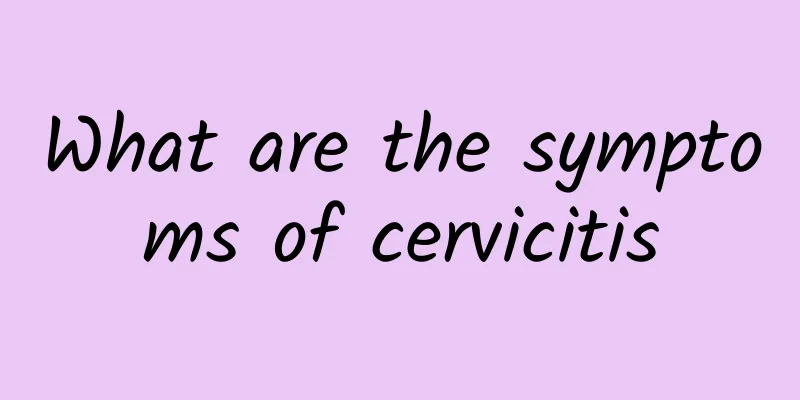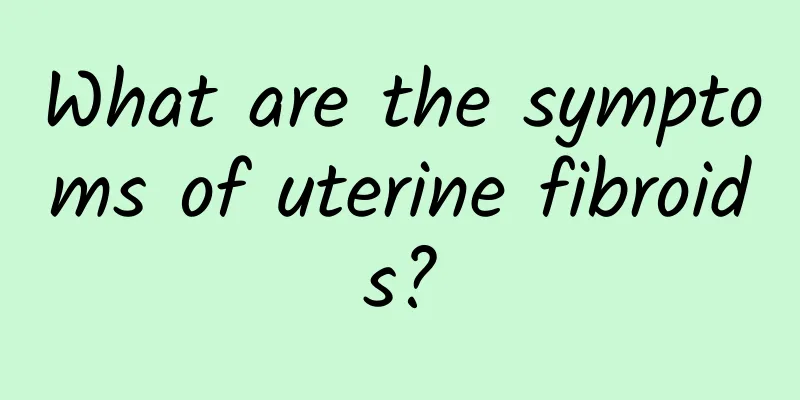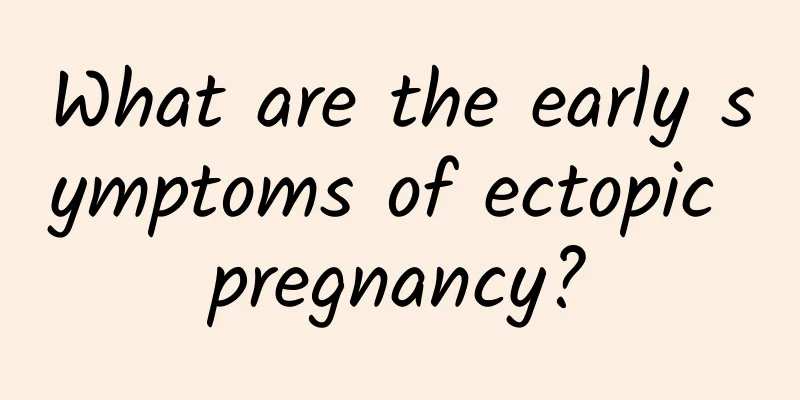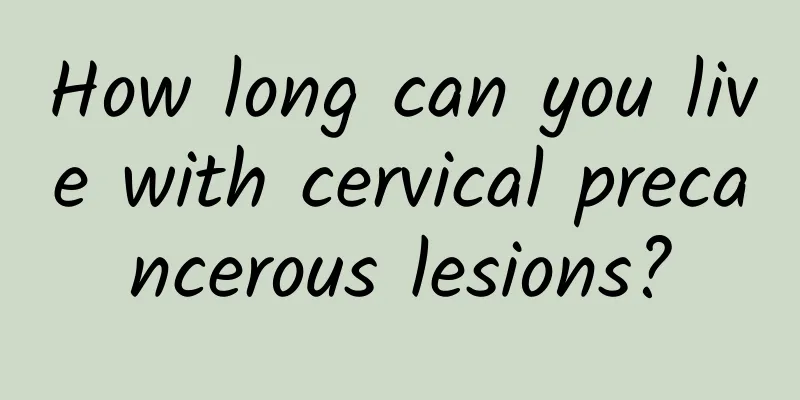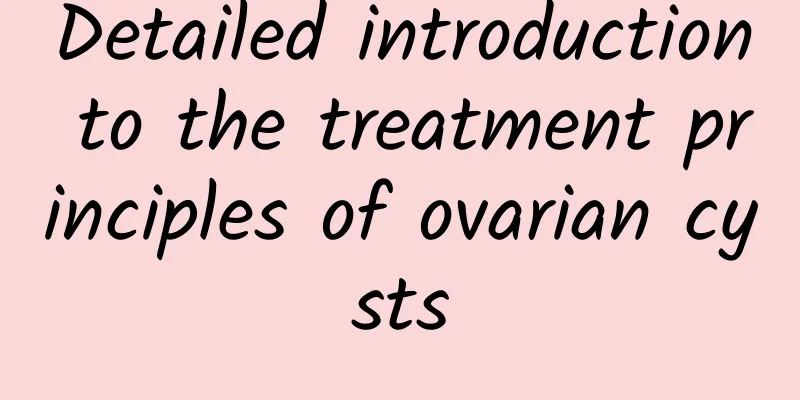Is ovarian cyst easy to treat?
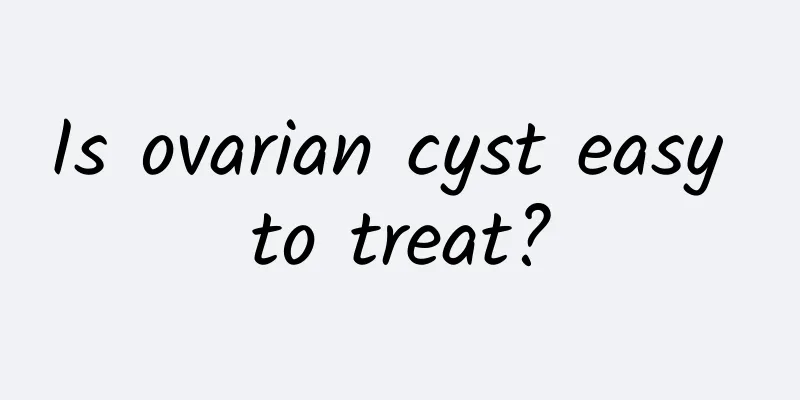
|
Is cystic ovarian cyst easy to treat? Medically, ovarian cysts can be divided into two categories: neoplastic and non-neoplastic, among which non-neoplastic ovarian cysts include physiological and non-physiological. The details are as follows: 1. Physiological cysts: They change with the menstrual cycle, and most of them disappear on their own without surgical treatment; 2. For solid, bilateral, poorly mobile lesions, and highly suspected malignant lesions, surgical exploration and treatment should be actively performed; 3. For smaller benign cysts, B-ultrasound and tumor markers can be monitored regularly to understand disease changes and further decide on treatment plans. The causes of ovarian cysts are as follows: 1. Environmental factors: The occurrence of ovarian cysts is also related to environmental factors. In industrially developed countries, women have a relatively high chance of developing ovarian cancer. This may be related to high cholesterol in the diet and environmental pollution; 2. Due to long-term poor living habits, incorrect diet structure, and great psychological pressure, the overall function of the human body declines, kidney deficiency, slow metabolism in the lower abdomen, ovarian diseases and endocrine disorders, and decreased immune function develop into abnormal proliferation of ovarian tissue; 3. Genetic factors: According to statistics, 20%-25% of ovarian cysts have a family history, so this is also one of the causes of cystic disease. Different types of ovarian cysts require different treatments: 1. True ovarian tumors should be treated specifically according to the nature and tissue classification of the tumor; if it is a malignant tumor, different treatment methods should be selected according to the tumor stage, and surgical resection is the most common; 2. Non-tumor types can be diagnosed and treated through surgery and other treatment methods. |
<<: What to do if you have adenomyosis and uterine contraction and miscarriage
>>: What is the difference between induced labor and miscarriage?
Recommend
What are the common symptoms of ovarian cysts?
Many women panic and don't know what to do af...
Experts explain several possible symptoms of irregular menstruation
Irregular menstruation is a very common disease a...
What should be considered in the examination of pituitary endocrine function in patients with amenorrhea?
Patients with amenorrhea need to undergo pituitar...
Is the left ovarian cyst 52.39 serious? How to treat it?
Left ovarian cysts have no obvious clinical manif...
Is it not easy to gain weight by eating sweets during menstruation? (Down)
(Compiled by Huang Xiumei) Excessive body fat can...
Are ovarian cysts contagious? What are the dangers?
Are ovarian cysts contagious? What are the danger...
What are the early symptoms of cervical warts
Cervical warts are a relatively serious disease i...
How to care for women with ectopic pregnancy?
Experts in the care of ectopic pregnancy say that...
What are the dietary instructions for painless abortion?
There are many women who have unexpected pregnanc...
The surgical process of curettage for abortion
Curettage is a type of artificial abortion proced...
What are the causes of recurrent miscarriage?
There are many reasons for recurrent miscarriage,...
Pay attention to understanding effective physical therapy measures for pelvic inflammatory disease
Pelvic inflammatory disease is a disease that man...
What should be paid attention to during the treatment of cervical hypertrophy?
What are the precautions for the treatment of cer...
What are the clinical manifestations of irregular menstruation?
What are the clinical manifestations of irregular...
How long will the painless abortion menstruation last?
How long will a painless abortion period last? Pa...
